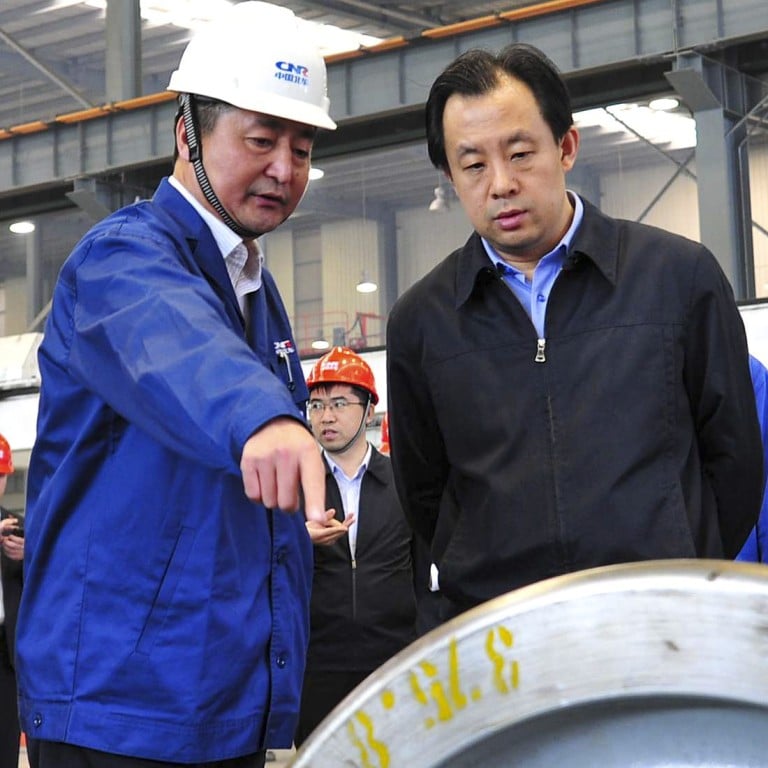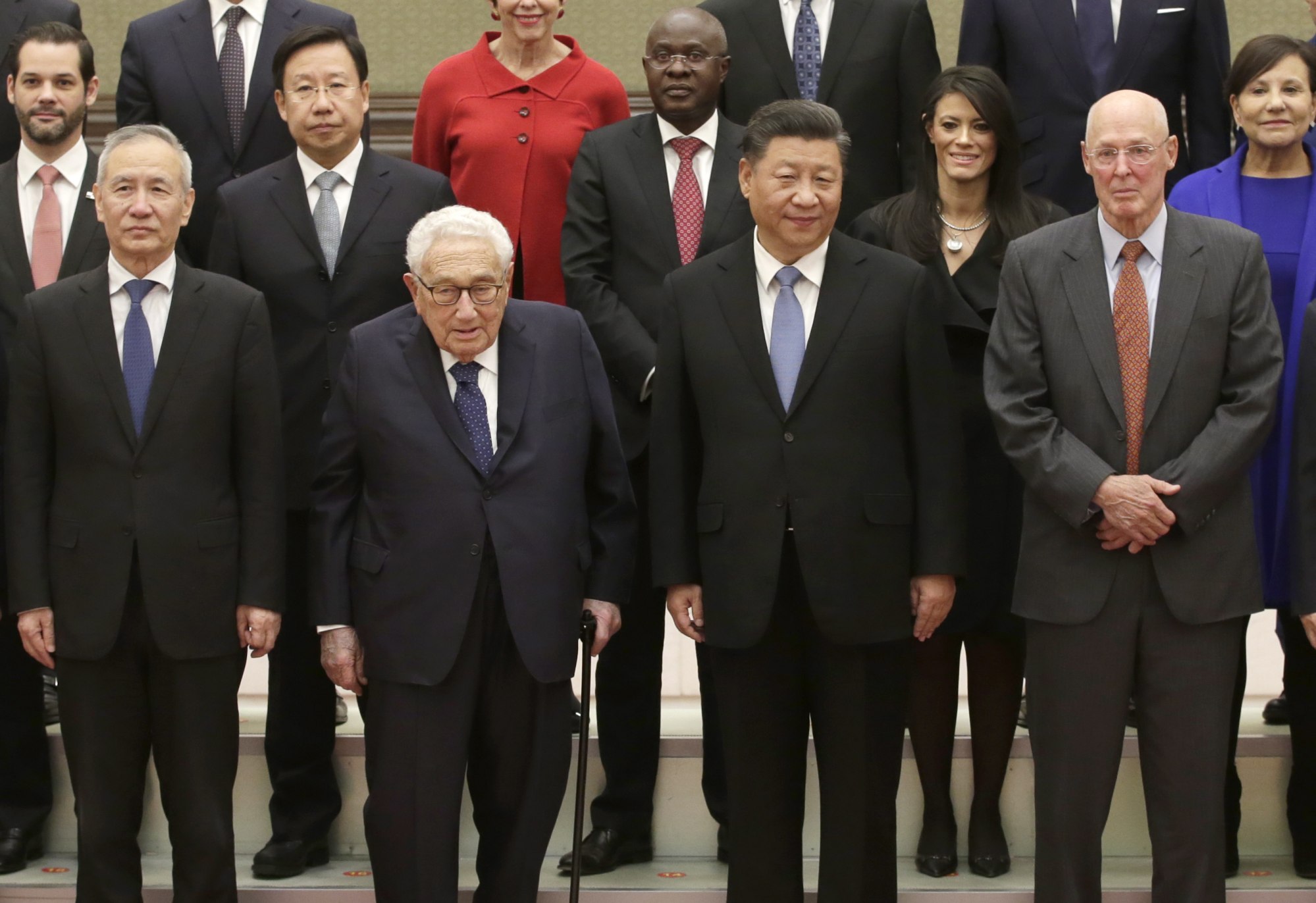
China’s 20th party congress: former political star Lu Hao named to head key policy think tank
- Former natural resources minister will head a think tank under the State Council, China’s cabinet
- Under Lu, the ministry oversaw the review of Chinese maps on grounds of national sovereignty and security
Lu, 55, has been appointed party secretary at the Development Research Centre of the State Council, Organisation Department officials announced on Thursday.
The former natural resources minister, a native of Shanghai, was a rising political star who showed promise from a young age. In 1985, aged 18, he became the youngest party member in Shaanxi since the Cultural Revolution and was the only high school student in the Communist Youth League of China’s Shaanxi committee.
Attending a meeting at the party headquarters in Beijing that year as a student representative, Lu said: “College students cannot be mere spectators of a reform, but rather share the burden of our party and country”, according to the official People’s Daily.
China’s party congress promotions to emphasise political security
Lu got his first degree from the School of Economics at Peking University, the alma mater of Premier Li Keqiang, who – like Lu – also once headed the youth league.
A high school teacher had told mainland reporters in 2008: “The boy had something special in him.”
Lu added many firsts to his name in the various stages of his career. He became the youngest head of a state-owned factory in 1995, and then the youngest vice-mayor of Beijing in 2003, at the age of 35.
He was just 41 when he became China’s youngest ministerial-level official in 2008, as first secretary of the youth league – a training ground for party and government officials, with over 81 million members.
His predecessor at the post was Hu Chunhua, currently a vice-premier.
Lu became China’s youngest provincial governor when he was chosen to lead Heilongjiang, a post he held from 2013 to 2018.
The Development Research Centre think tank he has been assigned to is a policy advisory body to the party’s top echelons of power – the Central Committee and the State Council – and is responsible for policy research, strategic review and consultation on issues related to national economic and social development.
Most of Lu’s predecessors retired from ministerial-level posts, with the notable exception of Liu He, a vice-premier whom President Xi Jinping used to introduce to US politicians as “very important to me”.

Lu’s former job at the Ministry of Natural Resources, which was only formed in 2018, oversaw China’s vast grasslands, forests, wetlands, water and maritime resources.
Last year, the ministry took part in a cybersecurity probe into ride-hailing giant Didi Chuxing, addressing possible national security risks stemming from its overseas listing.
Lu’s successor in the ministry is Wang Guanghua, 59, a Peking University geology graduate who has spent most of his political career at the Ministry of Land and Resources.

.jpg?itok=H5_PTCSf&v=1700020945)